
The Post Secondary Transition Conversation
We talk about the ins and outs (and everything in between) of the secondary transition process for families of students with disabilities! Hosts Meghan (Smallwood) and Patrick (Cadigan) serve as supportive guides, leading families step-by-step up each rung of the transition ladder.
Also check out our parent website: https://www.postsecondarytransition.com
The Post Secondary Transition Conversation
082. Back-to-School Transition Tips for Families
Hosts Meghan (Smallwood) and Patrick (Cadigan) are back for a brand new season and discuss the start of the new school year for families of students with disabilities. They emphasize the importance of letting the dust settle before reaching out to case managers or teachers to discuss long-term visions and vocational skills. They advise parents to check in with their respective DD coordinators and/or VR agencies to ensure their child's status and opportunities. They also highlight the significance of updated assessments and encourage families to look for local workshops and fairs. This and more, so join the conversation!
Episode Keywords:
Post-Secondary Transition, supported decision making, TerpsEXCEED program, new school year, transition coordinators, vocational skills, community work sites, DD coordinator, VR agencies, IEP meetings, transition fairs, guardianship, alternative to guardianship, ABLE accounts, transition resources.
Episode Links:
Oregon Transition podcast (site)
EXCEEDing Expectations (YouTube)
DD locator (site)
VR locator (site)
ThinkCollege (site)
Developmental Disabilities Agencies (page)
Vocational Rehabilitative Agency (page)
Maryland (specific) Links/Supports:
DORS (page)
DDA (page)
To download a copy of a transcript for this episode or any of our previous conversations, click here.
Also visit our Podcast webpage to find links to all of our other discussions; go to www.p2transition.com.
Additional information about post-secondary transition can be found at our website.
The Post-Secondary Transition Podcast Facebook page.
Visit our YouTube Channel to find additional video resources.
Intro/Outro music by AudioCoffee from Pixabay.
Transition music by Joseph McDade from Transistor.
Welcome back to the Post-Secondary Transition podcast, where we have conversations around the ins and outs and everything in between of the transition process for families of students with disabilities. I am one of the hosts. My name is Patrick Cadigan.
Meghan Smallwood:And my name is Meghan Smallwood.
Patrick Cadigan:And we are both public school transition coordinators. Now, before we jump in, because Meghan, remind me, which season are we in? Which season are we in?
Meghan Smallwood:Oh my goodness, is this three?
Patrick Cadigan:Is it three or four?
Meghan Smallwood:Oh, I don't know.
Patrick Cadigan:Man, I'm gonna have to go back and check.
Meghan Smallwood:It's been a while. Which is a good thing.
Patrick Cadigan:Yeah, it has all right. Before we begin our newest season, we wanted to take a moment to thank both the Oregon transition podcast and their host Sarah, Josh and Lon for letting us use their discussion around supported decision making, and also the friends over at EXCEEDing Expectations, the new TerpEXCEED podcast. Their host, Adrian Forsythe was gracious enough to let us share out their discussion around the TerpsEXCEED program, and that discussion around essentially the nuts and bolts of that program and where it came from. So it was a very cool discussion. You'll find links to those conversations in our discussion feed labeled Podshare, but you'll also find links to the individual shows in our show notes, and we thank them again. As we prepare to dive into our newest season, offline, Meghan and I were having a conversation. We said, What should we talk about? Meghan, what should we talk about?
Meghan Smallwood:Well, we ended our last season with what to do over the summer and how to wrap up the school year. So we figured it made sense to start out the new season with talking about those things we like to think about at the beginning of the new school year. It's a busy time for everybody. So we're not going to bombard you with a ton, but just those little like key points that you want to keep in mind. And I know when we come back to the job, not that we ever leave the job, but you know, when we come back at the beginning of a school year, sometimes I feel like a private investigator trying to, like, you know, go down those rabbit holes, figuring out these bits and pieces and help the families come to where you know the most current updates and picture are for transition, so...
Patrick Cadigan:Yeah, and in our area, so for us, this was
Meghan Smallwood:Yeah, our kids included, they get a little more our first day of school. Now in the surrounding areas, there's still a couple of more days left for some of the kids, but yeah, I'm already feeling that first summer than we do, and some people in other places have been back for weeks, so they probably are well into this.
Patrick Cadigan:Yeah, yeah. All right, so let's kind of along the same lines of our previous list. Let's keep it simple. Meghan, what is one of the first things that a family as they are walking back into this new school year, what is the first thing they can do?
Meghan Smallwood:Well, I would say, let the dust settle a little bit. Let's get through, you know, the first week or so. Let everyone get acclimated. I know teachers appreciate that while they're trying to sort out the new routine and the new students. But once things are a little calmer, I would reach out to your students case manager or teachers and just, you know, talk about the plan for the year, what your long term vision is for your student, and just remind them of that. You know,"Hey, they'll be graduating or exiting in a couple years. Really want them to be practicing those functional or vocational skills." Check in about what they might be doing out in the community, what kind of work sites or vocational opportunities, what life skills are they working on? Just so you have a sense. And then when you're talking to other people in their lives, you know, whether it be a DDA coordinator or, you know, DORS counselor, or anyone out in the vocational world, you can tell them what they've been doing what they're working on.
Patrick Cadigan:Playing off of that, then is there things that are happening at home that they can mimic at school?
Meghan Smallwood:Absolutely. And I loved when I was a classroom teacher to hear what they were doing at home so I could mimic that at school. So So I appreciate the same that if they're doing something at school, they can practice at home. Let's all be on the same page, right? I loved finding out that a student was, you know, doing the laundry at home. And I'm like, "Well, cool, we can do that at school and work on generalizing it." So you definitely, you know, keep in touch and find out what skills they're doing at school so that you can work on that chore list at home, for example, sweeping. You know, that's a hard skill I've seen a lot of students struggle with. If they have an opportunity at home to practice sweeping or vacuuming, that could reinforce what they're doing out at a work site, folding towels. You know, who knew there were so many different ways of. The towel. I learned that when we went to the hotel as a work site. So having them practice at home, and if you want to practice, but you're not sure how to start, you can always ask that case manager, hey, do you have any like, visuals? Do you have any tips or tricks of the trade that I can use to work on it with them? You know, just to be involved in that vocational piece really helps when you're thinking of the future and you have to go to an agency or a provider, and it's like, you know that pitch, you have to not sell your student, but you can say what they can do, and you know what they like. So this just really helps to strengthen that.
Patrick Cadigan:As you are mentioning agencies and providers and things. What are some of those things that parents can be doing to check in with their agencies/coordinator/programs.
Meghan Smallwood:It's called DDA in our area, but it can be different. It's your DD coordinator, wherever you may live, but just checking in if you haven't heard from somebody, or you don't know where you're at in that line of the waiting list, or you know your current status, just check in with them. Or check in if you have a transition coordinator from school, find out what is going on. Find out if they want to meet, especially if your young adult is between the ages of 18 and 21 you know, we know transitions really quickly approaching. So you just want to make sure you're not missing anything. You can let them know that you'd like them to come to your IEP meeting so they can hear updated information from your team. And if you have an 18th birthday, we're coming up in the next year for your young adult, you definitely want to reach out and have them help you start making that list of milestones that might be coming up. And you have to think about like Social Security or guardianship, or alternatives to guardianship. We know, unfortunately, there's a big turnover when it comes to a lot of these coordinators, so you just want to make sure you have the most current information.
Patrick Cadigan:DD, or the DD agencies like that's only one part of the pie. We also have our VR agencies, or at least...
Meghan Smallwood:Yeah.
Patrick Cadigan:...our area. It's referred to as DORS, the Department of Rehabilitative Services. Is there anything they can do with that?
Meghan Smallwood:Yeah, again, you want to check in, because if you haven't been accessing them or using any of their services. Sometimes the case might close. So you want to make sure you're up to date and current, and you want to find out what kind of opportunities might be out there for your young adult that they could access outside the school day. You know, the more we can reinforce preparatory vocational opportunities for the future, the better. So it's just good to check in with them and let them know that you're still here and still interested. I know in our area, we have different levels. You know, we might have the pre employment transition services, and then we might have the vocational rehabilitation services. So that's a conversation, too. If they're getting older and you want to have an application completed for vocational rehabilitation, that's definitely something to check in with them about.
Patrick Cadigan:And one of the things that's come up a couple of times if, by some off chance, you do not have a transition coordinator, or if it's just one of those things that right now, it is top of mind for you. There will be a link in the show notes to two resources that we have found and we have recommended in the past, one is to help you find a DDA agency in your area, and then the other one is to find that VR agency in your area. Two resources, super easy to use, super helpful. Give it a look in the show notes.
Meghan Smallwood:Yeah. And you know, like Patrick said, If you are fortunate enough to have a transition specialist in your school or county. Definitely want to check in with them and ask to meet and see what if anything needs to be done right now, they're an important piece of the puzzle. I know for our families. I know families that are really still struggling to get through the whole application process for those DDA services and could use an extra hand or someone to kind of collaborate with and figure out how to move forward with it. Another thing I wanted to mention, too, I know we've talked about this before, but I know with our agencies here, they really like those updated assessments before the student leaves the school system. So that's something that we always, you know, try to get parents to keep in mind, what was the last time that your child was assessed cognitively? Because I know that impacts whether they're eligible for DD services or not. So that's another conversation to have with that school team as the year starts, when was the last set of assessments completed? Can I have a copy and put it in my home file if you don't, and if they haven't been assessed in a while, and there's a re evaluation coming up, check in and see if that's on the table for consideration.
Patrick Cadigan:The other thing that I'm going to throw out there, and I know that this is a big deal for us as we are transitioning into the beginning of the school year, is to throw out to families to look out. For anything that's coming up, workshops or fairs like in our area, in in specific, our school system, we have already started to plan out our Transition Fair, which is coming up in October.
Meghan Smallwood:Yeah, and we have a lot of offerings for parents in our county. We do a lot of virtual things to make it easier to access, but definitely check around your area in terms of what's being offered and besides just your area. If you go out, and I know we have a plethora of it on our website, but if you look at some of the different agencies or providers or organizations, for example, think college is one that I know I just recently saw there are webinars all the time, offering information about them and just reaching out with panels and informational sessions about what it is and what it means and what it could look like. So just go out and do a little research and sign up for newsletters. That's what I did when I first started my role as a transition specialist. I went to a bunch of different organizations and just signed up for the newsletters, and I get mentioning of conferences and workshops all the time. So it doesn't even just have to be your local county, especially if you have a county where you don't have a transition specialist creating these things for you. The information can be found out there.
Patrick Cadigan:It's really funny, because we just finished our first day. And of course, you walk into the building, or, you know, for me, I'm walking into the building and I'm super excited. The kids are super excited. You know, there's new friends, there's old friends. Everybody is reconnecting. But I will say that sometimes there's a little bit of sadness too. Like just today, I found out that there was two students that I worked with last year who had a very special place in my heart, and they have both since moved on. So when it comes to planning ahead, Meghan, what will we say for our families who are like who are planning those big changes? Is there anything that they can do?
Meghan Smallwood:Yeah, I know sometimes I encounter families who are like, Well, when I retire, we're gonna move here. But you're right. I've heard of students who the families moved over the summer, or they're anticipating a move coming up. I just want families to know if you are planning on moving, even if it's like a quick turnaround because of whatever you want to look right away at that new new state that you will be moving to, you want to check in right away about their equivalent of the Division of Rehabilitation Services and their DDA, or, you know, their DDA services that they have. You want to find out what kind of services are offered in that area if they have a wait list, because many places do so if you're moving before 21 you definitely want to get them on that list as soon as possible. And you also want to find out what's going on in the school setting. How does it compare to where they were? Do they go out to work? Do they take the students in the community? You know, what kind of work programs exist in the school and out in the community with the nonprofits? So just do a lot of research. I know you already have a lot to think about if you're moving, but just like you would look at the schools, you want to look at the DDA side of things.
Patrick Cadigan:One of the things that I've always found interesting when we've had those broader conversations, especially with friends from different areas, is those those little differences.
Meghan Smallwood:Yeah, and you know, it's fascinating, and I know that's why we like to reach out to different places. You know, we talked to Oregon, our friends in Oregon. We've talked to people in New Jersey. It's always fascinating to find out how it compares and how it differs. So just be aware.
Patrick Cadigan:All right, so we promised in the beginning that we were not going to overload you, and we meant it.
Meghan Smallwood:Yep.
Patrick Cadigan:This is a good starting point for the beginning of the year, so we're going to go ahead and we're going to leave it at that, but not to worry, because we are still going to have more conversations coming up in the new season, and we look forward to talking with you guys some more.
Meghan Smallwood:Definitely. This is just the start of another great season. .
Patrick Cadigan:Fantastic. All right then, well, we are out and we will talk soon. Our discussions are everywhere. Apple, Spotify, YouTube, music and others. So hit that follow button and you won't miss out, please. If you haven't already done so, consider leaving a review, preferably 5-star. It helps you spread the word and it helps us, because we know you're listening. Links to the information from our conversations are always in our show notes. Our YouTube channel contains curated videos that revolve around transition, including playlists for guardianship, alternatives to guardianship ABLE accounts and more to come. And then finally, check out our website, www.postsecondarytransition.com, full of information and links to more resources. Thanks so much for your time spent with us, and we look forward to talking again soon.
Podcasts we love
Check out these other fine podcasts recommended by us, not an algorithm.
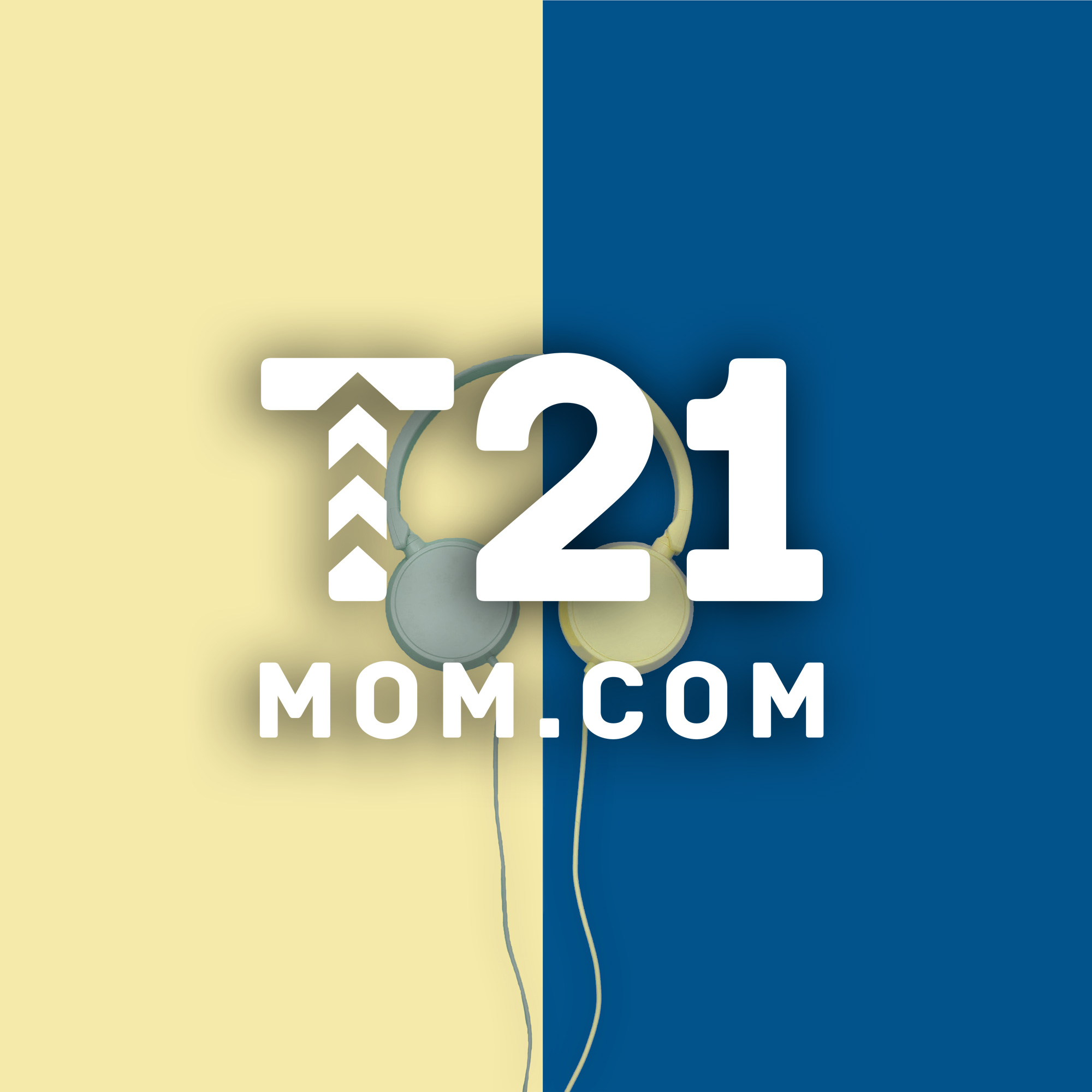
T21Mom-A Down Syndrome Podcast
T21Mom.com
The Collaborative IEP
Ashley Barlow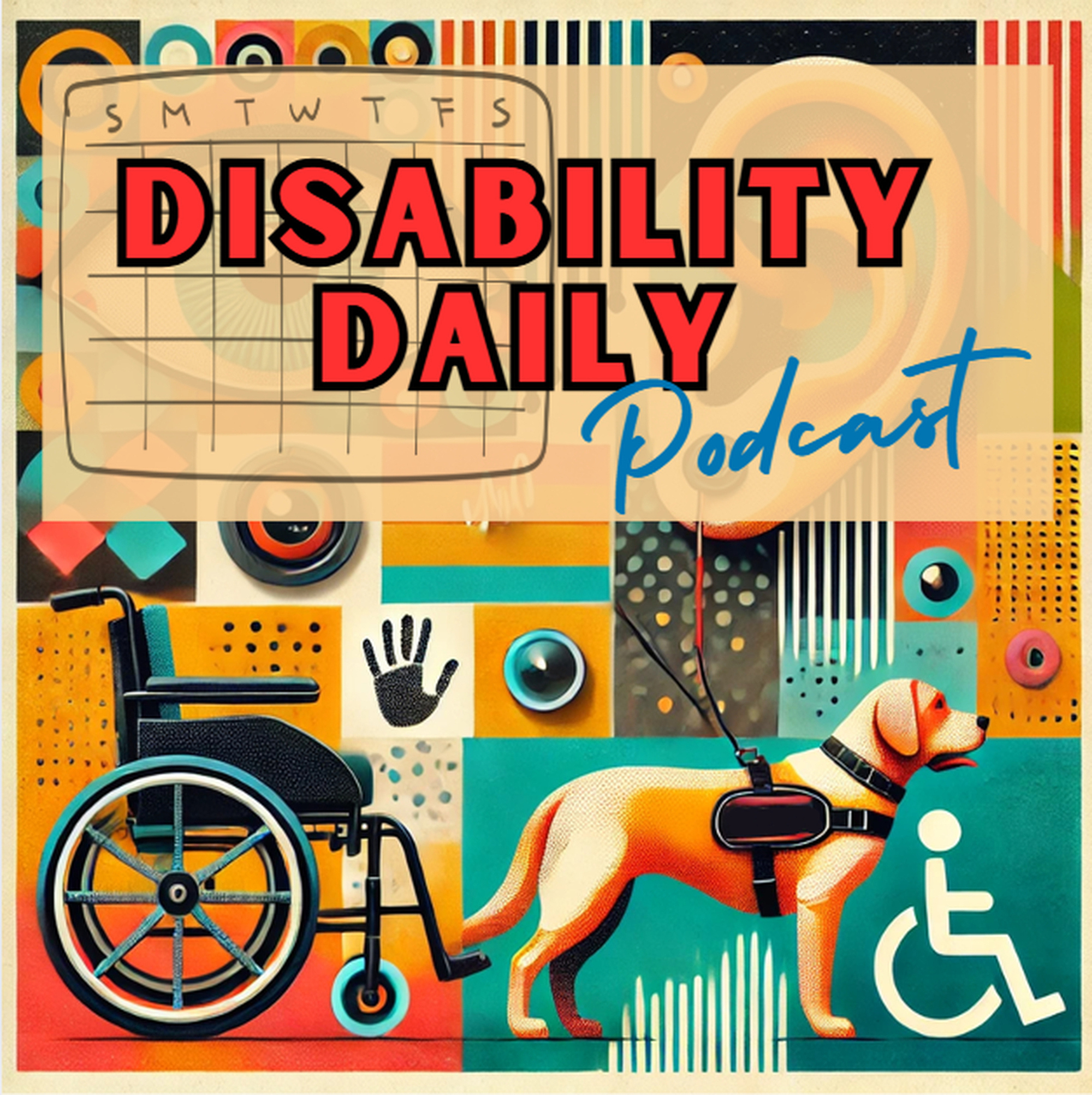
Disability Daily Podcast
Katie Healey, PhD, CPACC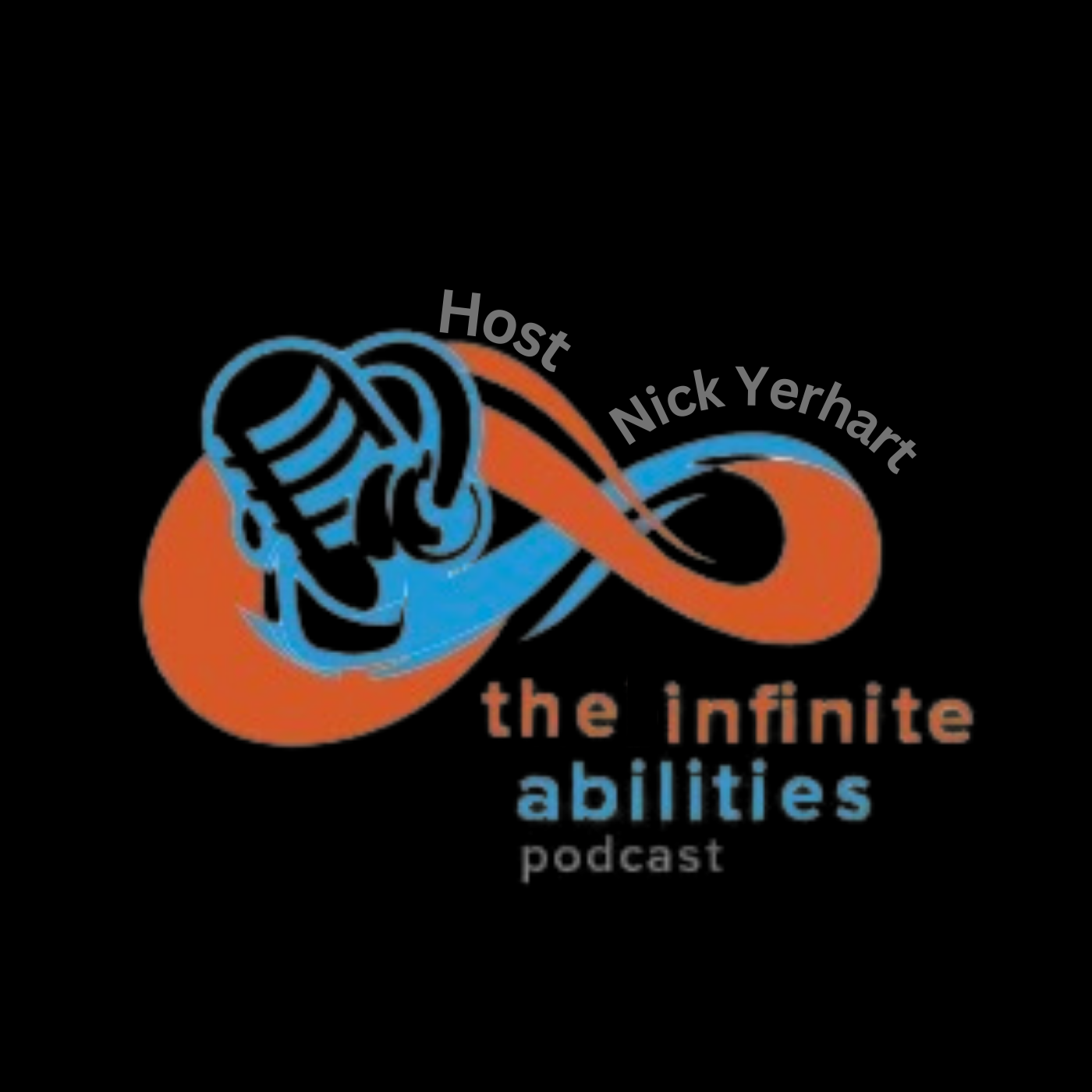
The Infinite Abilities Podcast
Nick Yerhart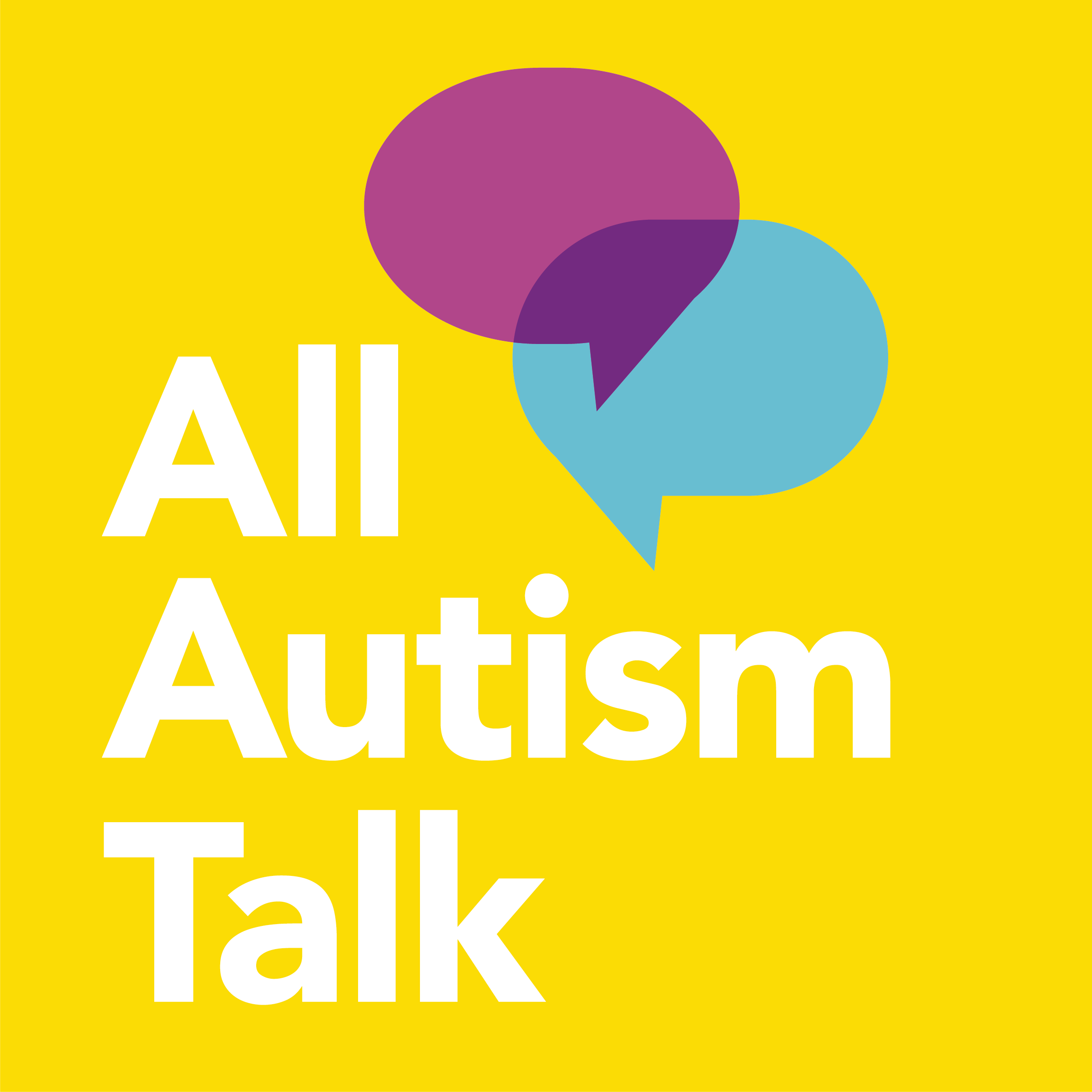
All Autism Talk
All Autism Talk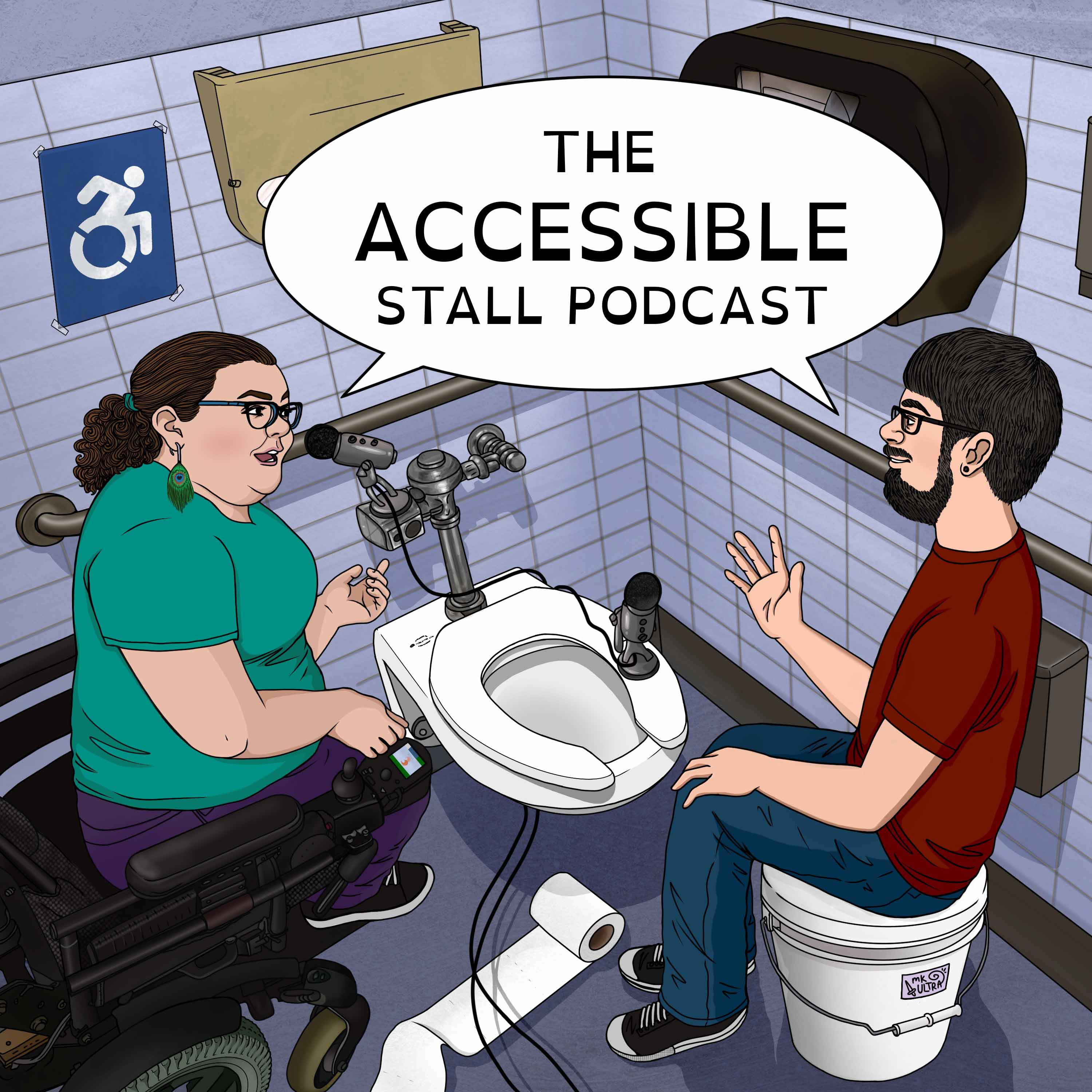
The Accessible Stall
Kyle Khachadurian and Emily Ladau
Disability Deep Dive
Disability Rights Florida
STAY Tuned: Supporting Transition-Age Youth with mental health conditions
STAY Tuned at Transitions to Adulthood Center for Research
Moms Talk Autism Podcast
Shannon Korza, Brittney Crabtree, Tash Dillmon, and Jean Mayer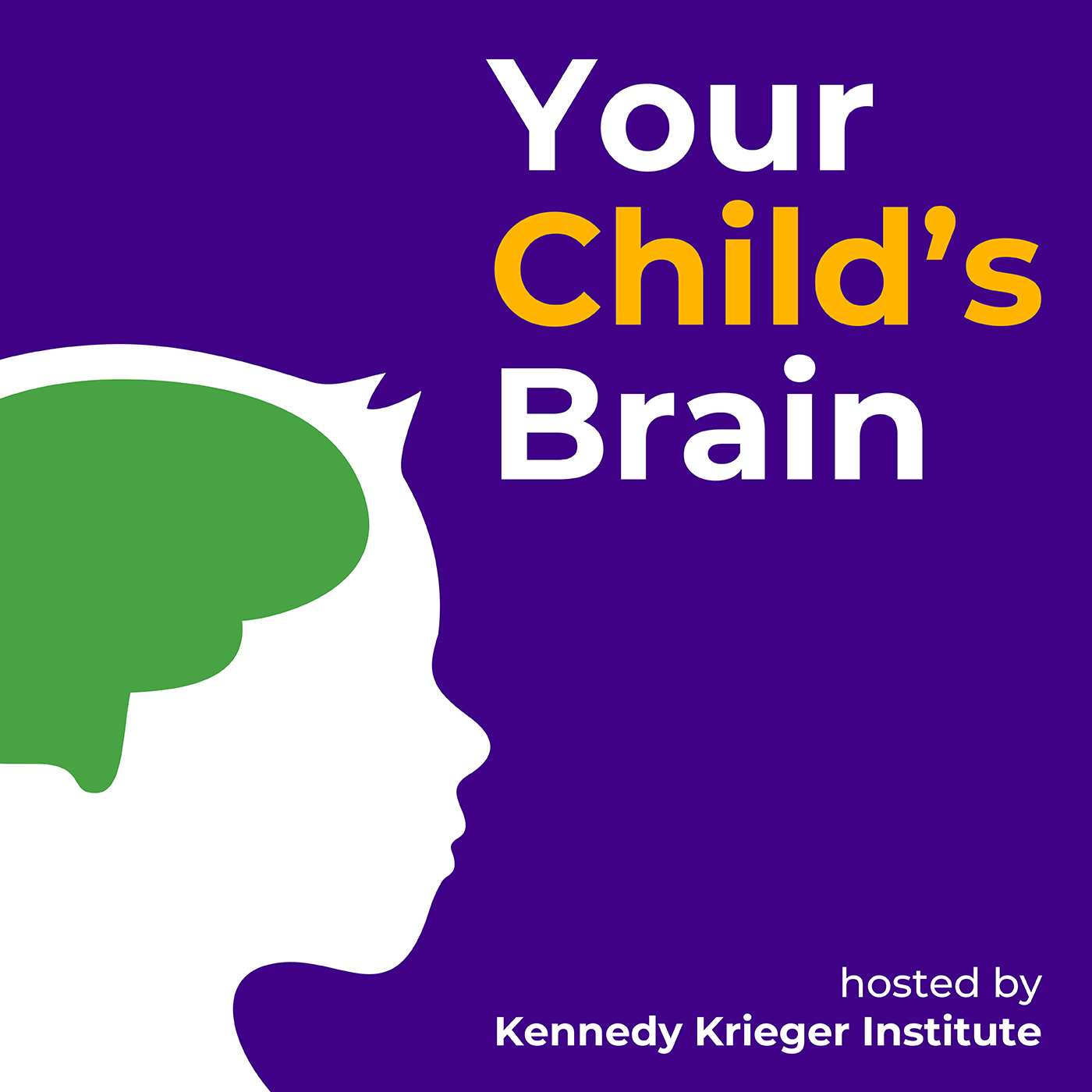
Your Child's Brain
WYPR Baltimore


